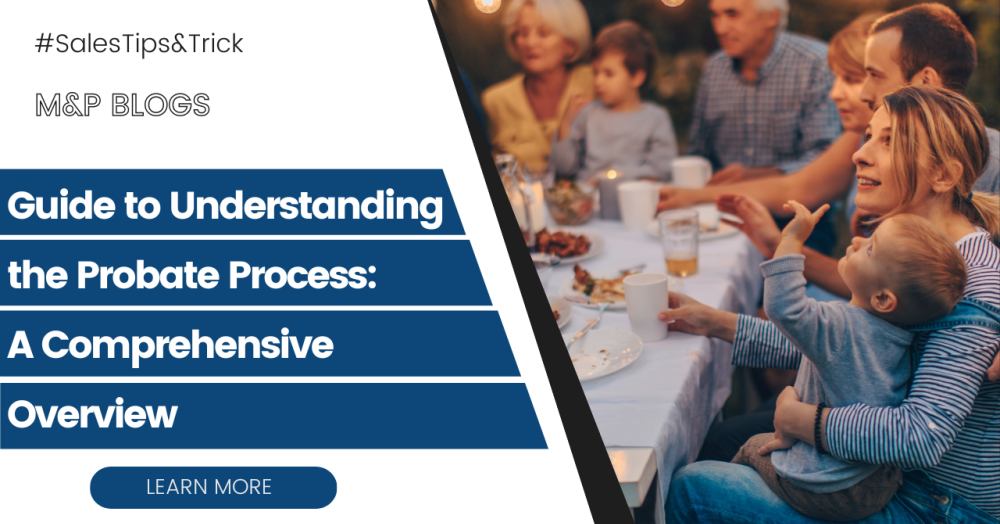Probate is a legal procedure that validates and executes the wishes of a deceased person as outlined in their will. Here's a comprehensive guide to help you understand the key steps involved in the probate process.
Initiating the Probate Process:
The process typically begins with the identification of the deceased person's will. If a will is present, it needs to be submitted to the Probate Registry along with the necessary application forms. In cases where there is no will (intestacy), the next of kin may need to apply for Letters of Administration.
Grant of Probate or Letters of Administration:
Upon submission of the required documents, the Probate Registry will issue either a Grant of Probate (if there's a will) or Letters of Administration (in cases of intestacy). These documents provide legal authority to the named executor(s) or administrator(s) to manage the deceased person's estate.
Property Valuation and Asset Assessment:
The executor or administrator must compile a comprehensive inventory of the deceased's assets, including property, bank accounts, investments, and personal belongings. Professional valuations may be required for certain assets.
Paying Inheritance Tax:
Inheritance Tax (IHT) is levied on the estate, and it is crucial to determine the tax liability. The executor or administrator is responsible for calculating and paying any outstanding Inheritance Tax before distributing assets to beneficiaries.
Settling Debts and Liabilities:
Outstanding debts and liabilities, including funeral expenses and any outstanding bills, must be settled from the deceased person's estate. The executor or administrator should notify creditors and follow legal procedures for debt resolution.
Distribution of Assets to Beneficiaries:
After settling debts and taxes, the remaining assets can be distributed to the beneficiaries as outlined in the will or according to the rules of intestacy. This stage requires careful attention to detail to ensure a fair and lawful distribution.
Final Accounts and Reports:
The executor or administrator is responsible for preparing final accounts, detailing all financial transactions during the probate process. These accounts, along with a full report, are submitted to the Probate Registry for approval.
Closing the Estate:
Once the Probate Registry approves the final accounts, the estate can be officially closed. This involves the distribution of remaining assets, the closure of bank accounts, and the transfer of property titles to beneficiaries.
Key Considerations:
Professional Guidance:
Seeking the assistance of a probate solicitor is highly recommended to navigate the legal complexities of the process, ensuring compliance with all relevant laws and regulations.
Timely Action:
Prompt initiation of the probate process is crucial to avoid unnecessary delays and complications.
Communication with Beneficiaries:
Transparent communication with beneficiaries throughout the process helps manage expectations and minimize potential disputes.
Navigating the probate process can be complex, and having a knowledgeable probate solicitor by your side ensures that each step is executed accurately and efficiently.
I have added some useful links that may assist you with dealing with Probate.
https://www.gov.uk/applying-for-probate
https://www.citizensadvice.org.uk/family/death-and-wills/dealing-with-the-financial-affairs-of-someone-who-has-died/
https://www.lawsociety.org.uk/public/for-public-visitors/common-legal-issues/dealing-with-someones-affairs-when-they-die


